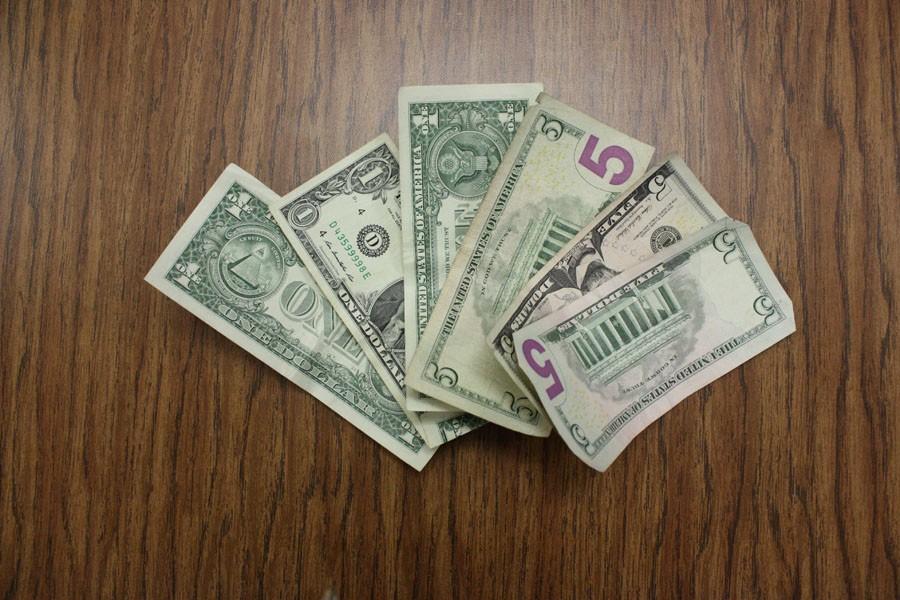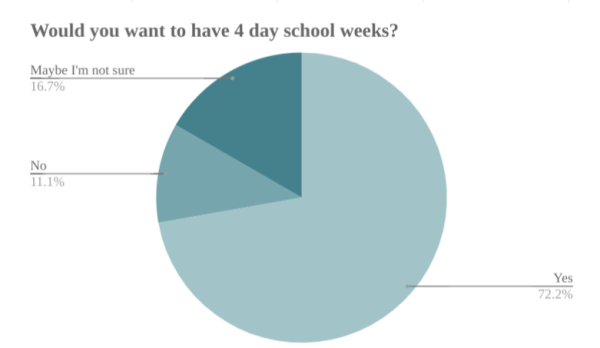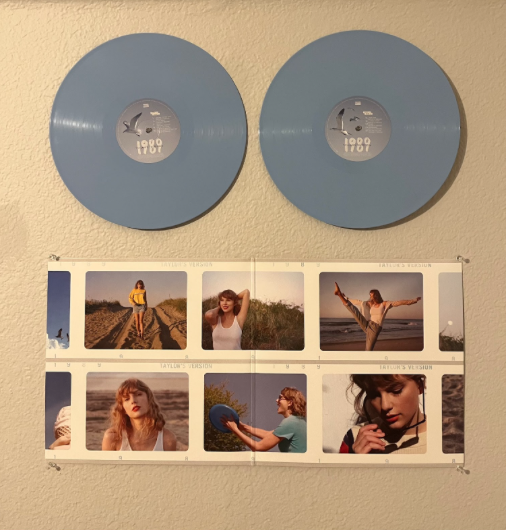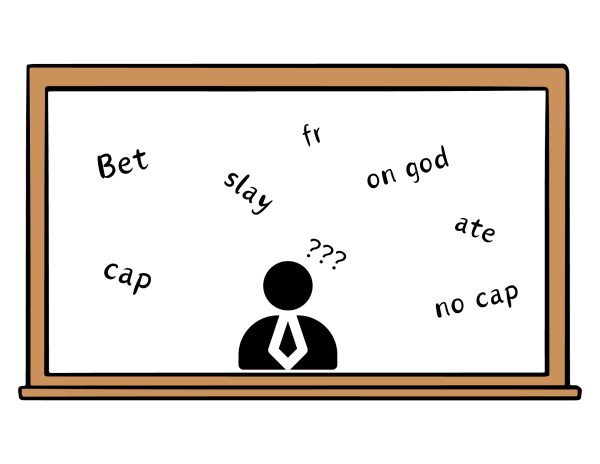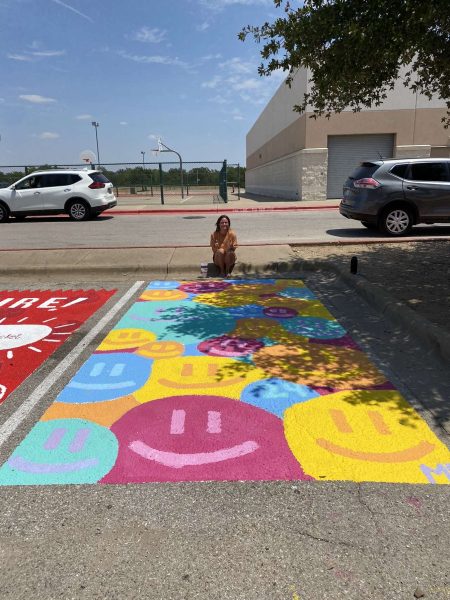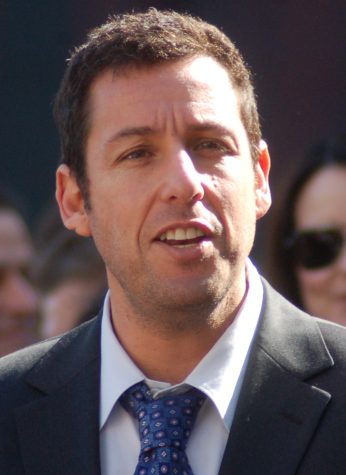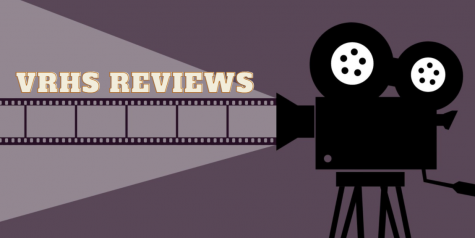The Biggest Problem: Economics class forces evaluation of finances
January 27, 2016
There’s a problem among us, a common problem, a problem that most people in this day deal with and cannot control. It’s probably one of the biggest problems that many of us can ever face, and most people don’t even know they have it. This problem is overspending, buying things that people generally don’t need or even want for longer than a day.
Was that new Halloween costume from Target really necessary? Even if it was, couldn’t you have waited until it was 90 percent off four days after Halloween? What about that pretzel you just bought to snack on at the mall for $7? Those new boots you bought for $30 to add on to your collection of them?
A great study that came out in 2001 titled “Always Leave Home Without It” estimated that people were willing to pay up to twice the amount for the same item if they were using a credit card rather than cash. Even then, were a lot of the items they were buying even necessary? A 2011 study from the University of Missouri-Columbia says no. People buy items believing that the item will somehow make them happier or improve their life, while in reality that is hardly the case.
Slowly holding off costs that are not completely necessary can add up to become quite a large amount. The first step is to stop carrying around a credit card. Credit cards give people a false sense of value, and they often end up spending more than they need to.
Secondly, do not buy anything unless you absolutely need it. If it’s a want, then wait a week before you buy it. If you still want it then, maybe it’s worth the bargain. You’ll be surprised how often you end up deciding you don’t actually want it.
A group of students in our economics classes were given an extra credit assignment in which they had to track the things that they were purchasing over a period of four weeks. It seems as though many of those purchases have been things that weren’t even needed in the first place. And in all honesty, that money could be much better put elsewhere. According to economics teacher John Molacek, the amount that students spent over the period ranged from a couple thousand dollars to maybe $150. Looking at my own, the amount I spent was $298.82. As I examine the tracking sheet, I spent $85.34 on snacks and items that I had not used since I bought them. Many of my peers had spent twice or triple that amount. The rest of the my purchases consisted of gas, fast food, college applications and black Friday shopping.
The number doesn’t seem big, but thinking about it, that means ⅓ of the amount I spent was on useless things. That $85 overtime didn’t seem like much, but put together was quite a large amount. That wasted money being put off into savings could have made a huge difference later.
In all honesty, it wasn’t even worth it. I’m not any happier spending on those few things.I bought a pretzel and forgot about it the next day. If that money was saved up rather than spent wastefully, it could have had a much bigger impact.

